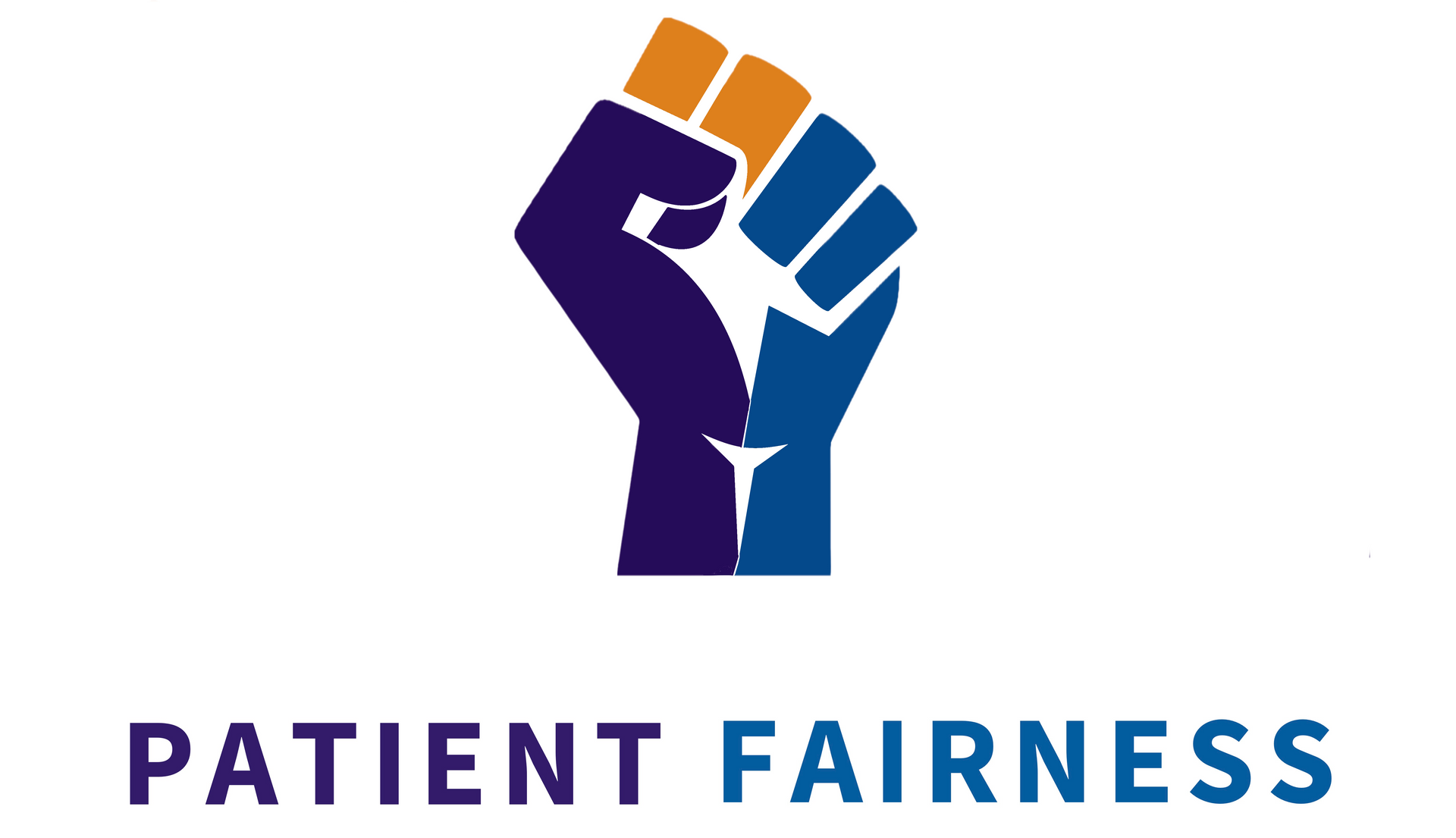Get 10% off by entering
LowerBill
at check out *
*Conditions apply.
The Surprise About Fixing Surprise Medical Bills
A survey study published in the September 4, 2024 American Medical Association Health Forum* evinces some good and bad news related to medical billing. First, the bad: 1 in 5 households received a medical bill in the past 12 months with which they disagreed or could not afford. The good news: Over half of persons who contacted the health care provider about the problem medical bill reported one or more positive results, from a gaining a better understanding of the bill, to the bill being canceled.
The bad news about the prevalence of problem medical bills is of no surprise. In the last few years, surprise billing and medical debt have been covered considerably in the news, and have been the subject of substantial federal and state regulatory and legislative efforts. The study emphasizes these concerns by citing that 57% of U.S. adults have been burdened by medical bills in the last 5 years.
The good news – that ordinary patients can successfully address problem medical bills directly with providers - may surprise a lot of people, but it shouldn’t. Patients are consumers, and they can demand fair treatment and defend their interests just as individuals routinely do as consumers in other transactions. Whether it is speaking to a restaurant manager about an over-cooked entree, calling a bank to have an erroneous credit card charge removed, or informing a grocery cashier that the sale price did not ring up correctly during checkout, people regularly and effectively represent themselves directly as consumers. It is a fallacy that people in the role of patients cannot effectively represent themselves directly with providers about problem medical bills.
The study found that of those patients that contacted a provider about a problem bill:
· 74% with a billing error had it corrected
· 62% trying to negotiate a lower price for a bill got a reduction
· 49% who could not afford a bill got it reduced or forgiven, or received financial aid
Of those patients who contacted a provider, 93% agreed or strongly agreed that they were comfortable communicating with the provider billing office. Less than 4% of these patients used a billing advocate or other third party to represent them to the provider.
The study found that 62% of patients who received a problem medical bill contacted their providers about it. Of those 38% that did not contact their providers, 86% did not think the bill would change, 34% did not feel comfortable doing so, and 26% did not have the time to do so. The study concluded that patients with less financial literacy or who are uninsured were less willing or able to reach out to a billing office regarding their problematic bill, and therefore likely missed opportunities to alleviate their bills.
One can draw three conclusions from this study.
1. A patient questioning or disputing a problem medical bill, even without expert assistance or advocacy, has a high likelihood to reduce or eliminate the bill.
2. Nearly 40% of patients do not question or dispute a problem medical bill, meaning scores of millions of patients are missing the opportunity to correct the problems and avoid unwarranted payments or credit reporting.
3. There can be great benefit from an easy-to-use program and tools that (1) guide patients on how to dispute a medical bill, (2) identify the consumer protections and other laws on which to base a dispute, and (3) manage the process and functions of the dispute (e.g. mailing letters, analyzing prices charged, documenting settlements). Patients already comfortable challenging a problem medical bill gain expert guidance and time-saving administration. Patients previously not comfortable challenging a problem medical bill also gain the confidence and understanding so they can stick up for themselves if they receive a medical bill they think is unfair.
Patient Fairness is a web-based service perfectly designed to meet the patient needs identified in the study. Patient Fairness amplifies the power and success of patients already comfortable representing themselves in challenging problem medical bills, and allows patients who otherwise wouldn’t challenge a bill to do so confidently and successfully. Patient Fairness customers follow a simple, 3-step process to challenge medical bills.
1. Examine the Bill & Identify Concerns
A patient uploads a copy of a problem medical bill and other relevant documents, and Patient Fairness identifies potential issues to raise in a dispute of the bill. Reasons for a dispute include: excessive charges, balance billing, No Surprises Act violations, state law violations, billing errors, and a provider’s failure to disclose services and prices (lack of transparency).
2. Dispute the Bill
Patient Fairness creates, and sends to the provider on the behalf of the patient, a Letter of Dispute specifically for the medical bill and its circumstances.
3. Pursue Resolution
Patient Fairness helps the patient evaluate how the provider is addressing issues in the Letter of Dispute, and what terms the patient would consider to be a fair settlement of the dispute. This assistance includes analysis of the medical bill’s charges, and documents to record any settlement agreement.
Patient Fairness’s process and extensive supporting tools and administration give patients confidence to dispute problem medical bills, and the insights and guidance to succeed in those disputes.
The survey study from the recent American Medical Association Health Forum is positive news that patients are motivated and can have success challenging problem medical bills. Patient Fairness is there to help patients with the confidence, expertise, strategies, tools, and administration to get the very best outcome in their disputes.
* “Disparate Patient Advocacy When Facing Unaffordable and Problematic Medical Bills“; JAMA Health Forum. 2024;5(8):e242744. doi:10.1001/jamahealthforum.2024.2744
PATIENT FAIRNESS
Empowering patients to fight problem medical bills.
Copyright © 2024 Patient Fairness. All rights reserved | Website by Blue Ink Web



